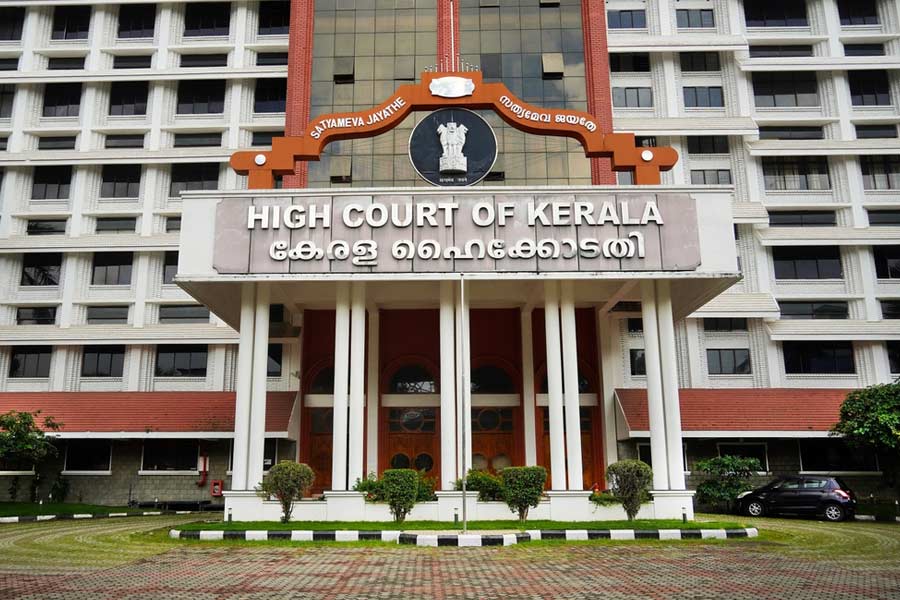The Kerala High Court has restrained the state government from demolishing any permanent structure or cutting trees in the Kanakakunnu palace in the heart of Thiruvananthapuram city in connection with the Tourism Department's ongoing project to give the place a facelift.
A bench of Acting Chief Justice S V N Bhatti and Justice Basant Balaji also directed the Tourism department to take photographs of the place and file the same along with a statement before the court.
The court said it wanted to see from the photographs the nature of work being carried out by the private company which was given the project contract and to ensure compliance of the orders of the bench.
The court directed the state government to file its statement and photographs before the next date of hearing on June 5.
"In the meantime, the respondents (state government and private company) are restrained from demolishing any permanent structures and/or cutting and removing trees while executing the subject contract.
"Respondent no.3 (Tourism department) is directed to take photographs of even date and file them along with the statement of the 3rd respondent for not only appreciating the nature of work being carried out by the 5th respondent (private company) but also to ensure complete compliance of the order of this court," the bench said.
Earlier, the court had in an interim order restrained further demolition of any structures and cutting of trees in the compound of Kanakakunnu Palace for a period of two weeks.
It had also called for the entire files relating to the award of contract to Uralungal Labour Contract Co-operative Society Ltd for its perusal.
The order came on a PIL urging the court to issue directions to "stop the construction activity, hard landscaping, removal of trees, lawns, excavation and demolition of structures within the compound and inside of Kanakakunnu Palace".
Located in the heart of the state capital of Kerala, the Kanakakunnu palace was reportedly built during the reign of Travancore king Sree Moolam Thirunal and was used by the royal family to entertain its guests.
The Indian National Trust for Art and Cultural Heritage (INTACH) has listed it as a heritage monument.
Presently, it is under the protection of the Tourism Department and the auditoriums within its walls are used for holding various cultural meets and programmes.
Except for the headline, this story has not been edited by The Telegraph Online staff and has been published from a syndicated feed.











